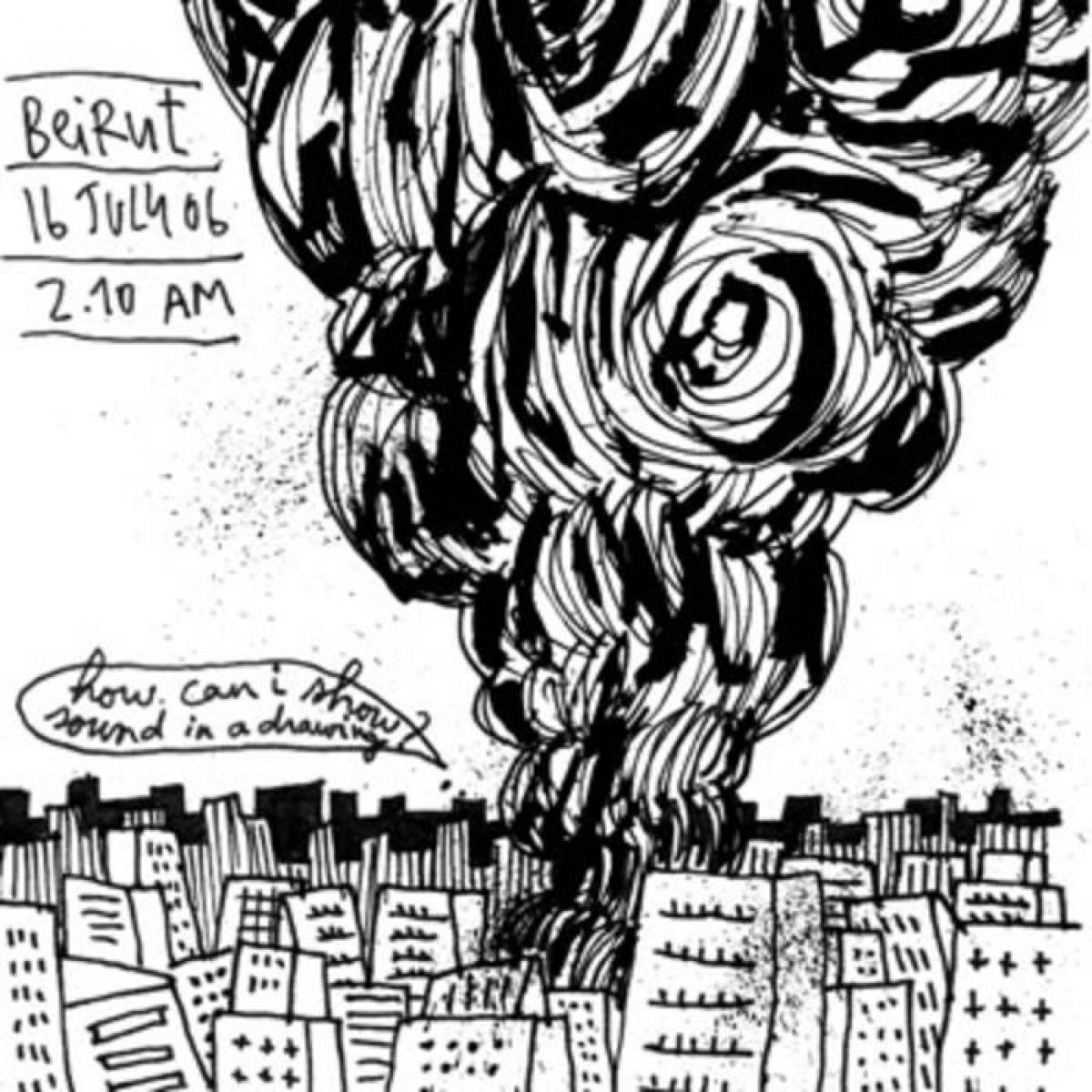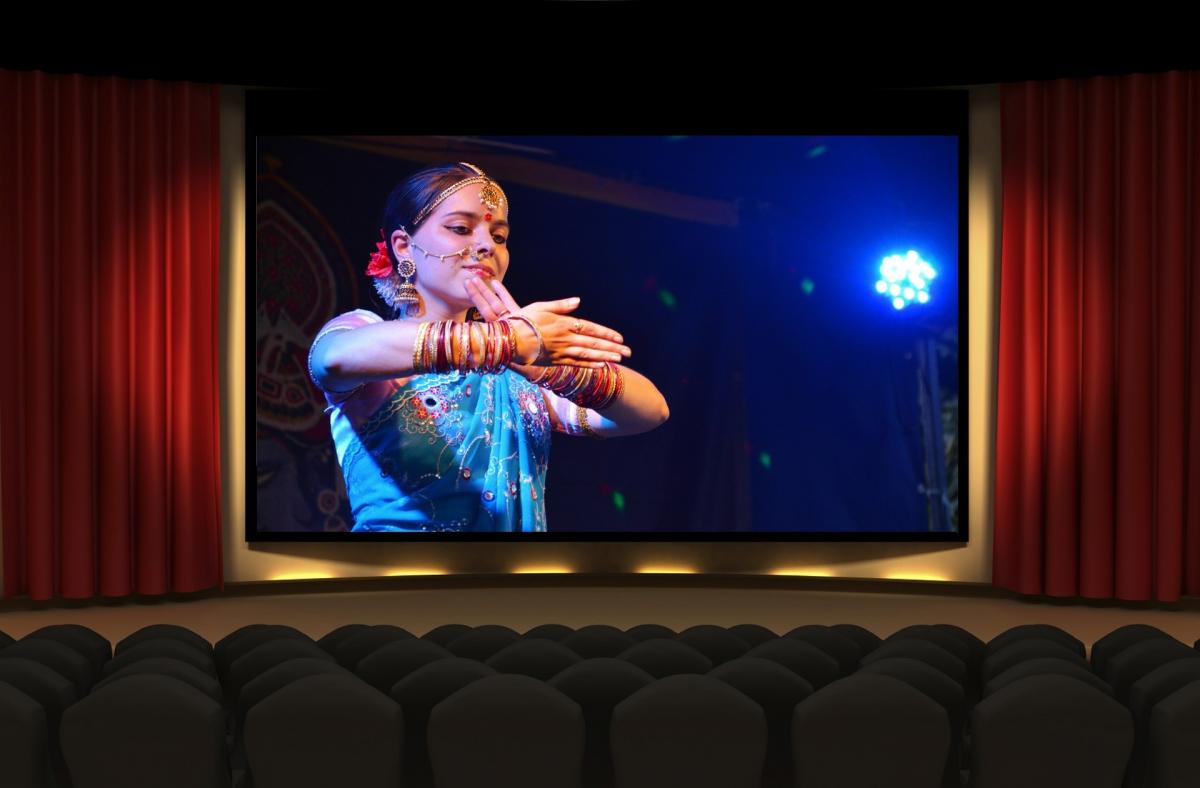Bollywood has been dominated by men and patriarchal values for decades. But things are changing slowly. Bollywood composer and musician Audio Pervert presents emerging female artists aiming for recognition in a nation of 662 million women, like the composer of the Netflix hit Sacred Games Rachita Arora.
In the history of the Bollywood industry the role of women has been limited mostly to singing. Iconic figures like Lata Mageshkar, Alka Yagnik, Anuradha Paudwal, and Shreya Ghoshal can be heard across tens of thousands of songs; thus, there is a feminine presence and role in Bollywood's music. Public adoration, national awards, and industry trophies have etched these singers as lasting icons in the fabric of popular Indian culture. Yet they rarely penned their songs nor did their tunes reflect female narratives and struggles. The newer generation of female singers, producers, and composers are following a different agenda. Their increased presence in popular media demonstrates an emerging female presence in songs and music production from Mumbai, Chennai and New Delhi. The earlier subservient role of women in the industry is being challenged in small yet effective ways.
Parampara Thakur along with her partner Sachet Tandon scored the songs and background theme of the Bollywood blockbuster Batti Gul Meter Chalu. «Thumping beats and new sounds mark the soundtrack of this new hit comedy», stated the DNA Magazine. New Delhi based Rachita Arora recently took the limelight with her soundtrack production for Sacred Games, Anurag Kashyap's Netflix series. Rachita clinched her «Bollywood break» with the indie hit Newton (2017) quickly followed by Anurag Kashyap's 2018 Mukkabaaz.
Video no longer available.
The Rise of Female Talent
Sneha Khanwalkar, daughter of renowned classical musicians, has made the most significant impression as a composer and songwriter. Her runaway viral hit «Tung Tung Da Sound Karda» paved the way for scoring big hits in the subsequent blockbuster Gangs of Wasipur. Her career has since taken her in multiple directions as a public speaker, producer, and role model. Alokananda Dasgupta, daughter of famous poet, writer, critic and film-maker Buddhadeb Dasgupta, has made her way into the ranks of Bollywood via indie films. She debuted as a composer for the Marathi hit film Shala (2011) and produced the soundtrack of subsequent indie productions such as B.A. Pass (2013), Anwar Ka Ajab Kissa (2014) and Trapped (2017). Outside Bollywood, Mohini Dey from Kolkata, is a bassist and composer who has created a genuine ruckus with her virtuoso-like skills playing jazz, progressive rock, metal, and even pop. Her recent cameo touring alongside guitar guru Steve Vai, was hailed as an epic moment by many indie fans and writers.
The rise of female talent in Bollywood is «real» and more inspiring than ever, though some argue otherwise. According to Vishal Dadlani, an eminent public activist and music director, the gender imbalance persists. «Female voices are now restricted to perhaps a few lines in a couple of songs, in most films. Even in films with female protagonists. We always try and flow against that tide as far as possible but we don't do more than a film or two per year, so what we do makes no real difference». Ritnika Nayan Srivastava, based in New Delhi who runs Music Gets Me High speaks with given experience in the business - «there are way more women in the indie and rock music scene now than 15 years ago. Bollywood's music professionals could pay attention to that fact first».
As a music producer, I have worked with female singers and musicians in the past, on various types of media and the tide is very gradually shifting towards equal participation and partnership, moving away from the old and limited roles based on gender. Though Bollywood as an industry remains mostly owned by elite «patrilineal families» and big corporate houses, the independent and grass-root voices are persistently altering the identity, «color and sound» of popular cinema. The online presence of indie artists and producers in Bollywood, be it men or women, is on a veritable rise. Traditions of censorship are lowering. The role of women artists are tied to that very change and greater empowerment. This scenario promises greater gender equality from a nation of 662 million women.

